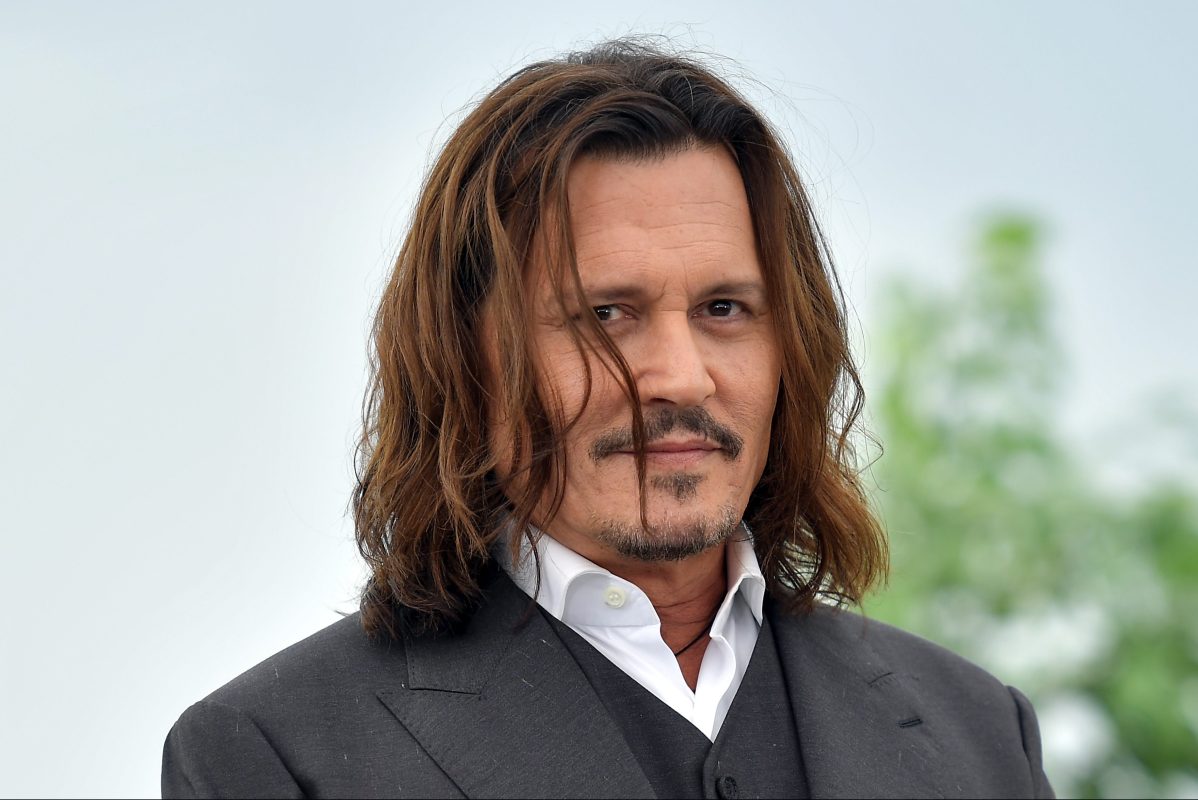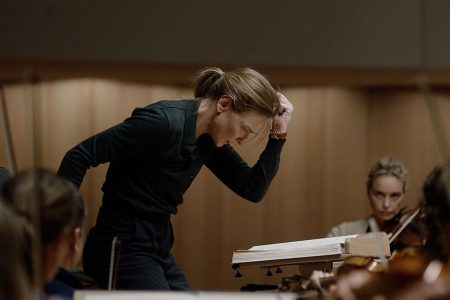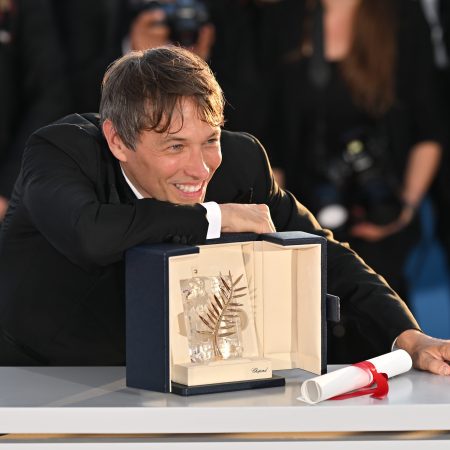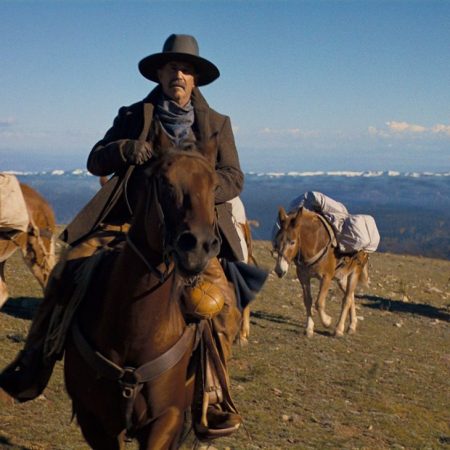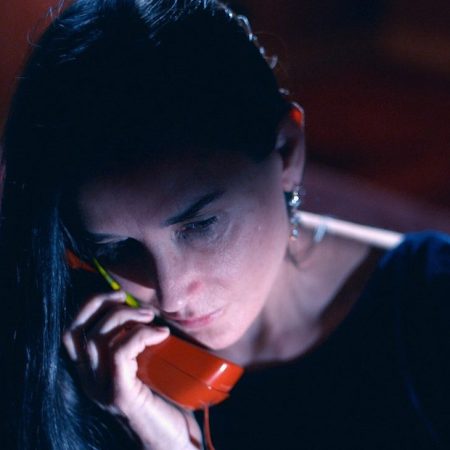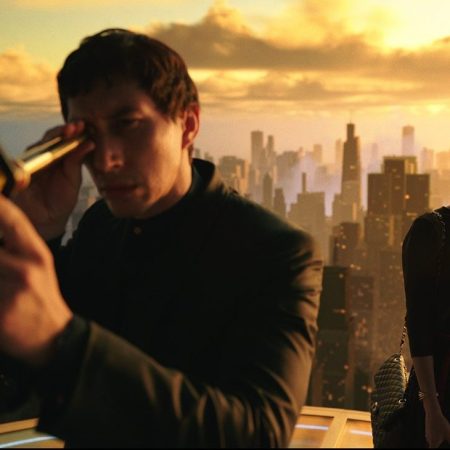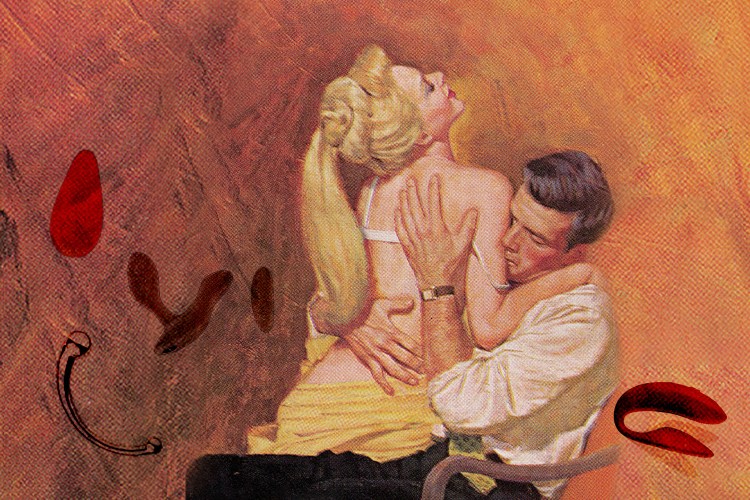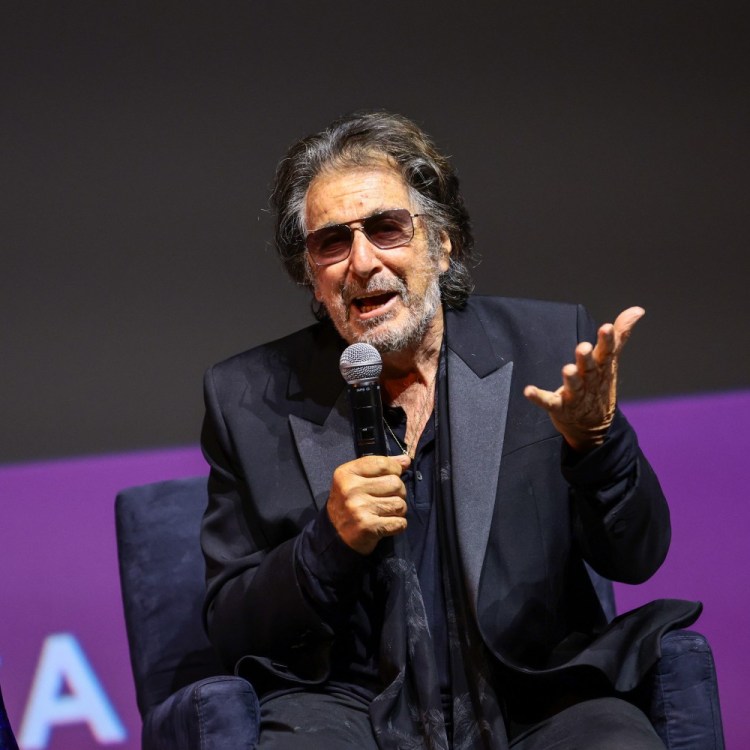This is the first installment of the 2023 edition of the French Dispatches, our on-the-ground coverage of the Cannes Film Festival.
There is no such thing as “cancel culture,” not really — there are individuals, wielding varying degrees of power, who all have decisions to make about what behavior they can countenance in the spaces they control, and what reassurances they require in order to sleep soundly afterwards. I suppose everyone deserves the freedom to make a living plying their trade in an environment of trust and mutual respect; Johnny Depp’s actions in the last few years, especially his defamation lawsuits against his ex-wife Amber Heard — which have significant, widespread, entirely negative implications for abuse victims who wish to tell their stories, and everyone who wishes to hear them — may give reasonable people pause, but he like anyone else has the capacity to demonstrate humility, understanding, growth, etc., such that people acting in good faith might extend him that trust and respect with the expectation of it being returned. In the absence of any evidence that he has done such work as to earn this good faith, well, there’s always the French. And so here we are at Opening Night of the 2023 Cannes Film Festival, with Depp receiving a red-carpet welcome for Jeanne Du Barry, his first feature film in three years, looking like he might start weeping hair dye, Rudy Giuliani–style, at any moment.
Jeanne Du Barry was long pegged for a Cannes slot based on its pedigree: its French director, Maïwenn Le Besco, credited mononymously as Maïwenn, won the Jury Prize here in 2011 for Polisse, and her Mon Roi grabbed a Best Actress prize for lead Emmanuelle Bercot in 2015. Cannes under director Thierry Frémaux is loyal to a fault to festival alums and deferential to domestic culture. But the film is not just a legacy admission; it’s hard to believe its placement in such a prominent slot is anything other than a stand against “le wokisme.”
Maïwenn first became famous in France as the 15-year-old girlfriend of Luc Besson, then in his early 30s, and the purported inspiration for Natalie Portman’s character in Besson’s almost-incestuous shoot-’em-up The Professional. Maïwenn had Besson’s child at 16, a couple years before he left her for Milla Jovovich on the set of The Fifth Element, and continues to support Besson as he has become one of the highest-profile Frenchmen to come into the crosshairs of the #MeToo movement. Quelle support: After Jeanne Du Barry was announced for Opening Night, it was reported that a journalist had earlier in the spring filed an assault charge against the filmmaker, alleging that she had approached him as he ate in a restaurant, grabbed him by the hair and spat in his face — allegations Maïwenn subsequently, enthusiastically confirmed. The journalist in question is the editor of a magazine which has published a number of articles airing the claims of actresses accusing Luc Besson of sexual abuse.
Art is real; the people who make movies affect my life, and yours, with their actions on a film set, just as they affect the people around them with their actions off it. Different people will weigh these actions differently, and Thierry Frémaux has made it clear how they will be weighed at Cannes. (And underlined it by the late addition of festival vet Catherine Corsini’s Homecoming. Cannes had held off on announcing the film, as it was dogged by rumors of an exploitative and abusive production, only adding it to the Competition after those rumors were, in large part, confirmed, but presumably adjudged Not That Bad.) In his festival-kickoff press conference, Frémaux was adamant: It’s a matter of “freedom of speech,” that is, the absolute right of artists to be celebrated for their art, so long as their behavior is “within a legal framework.” He’s not the morality police, so I guess ensuring Johnny Depp received an obligatory standing ovation at the commencement of the biggest film festival in the world must have been an entirely neutral decision.
So. If artists must have “freedom of thinking,” to quote Frémaux, what sort of thinking is being done in Jeanne Du Barry? Johnny Depp hasn’t given a good performance in a movie since… huh. Wow. But he was once an enormously compelling actor, whose sensitivity and sensuality captivated a generation. Here, he is reduced to set decoration in what amounts to Maïwenn’s lavishly state-subsidized self-insert fanfic. The director, who cowrote the script, plays the titular character, the illegitimate commoner who rose to become the long-term mistress of Depp’s Louis XV. There’s a narcissistic strain in Maïwenn’s previous films that achieves its full flourishing here: Her camera introduces herself with a swooning upward pan to reveal her “face of an angel,” as she’s described by her beholder, and she gives herself an “ooh-ahh” entrance in all-white splendor in Versailles, prefiguring many scenes in which other characters reaffirm her forward-looking fashion sense. Her Jeanne is witty, daring, independent; she bites her lip coquettishly, wringing smiles out of the guards as she slides across the Hall of Mirrors in her stocking feet. She even has her own David Guetta Ends Racism moment when Louis gifts her an African boy who recites poetry; Jeanne shocks the court by touching his face, and insisting to the narrow-minded ancien régime that he isn’t her slave, he’s her servant.
Louis XV is a wheelhouse role for Depp: he can coyly play to the camera with his dazed, fey little expressions while buried in costume and makeup, in this case face powder and fancy wigs; his French is accented but not bad, but the film largely writes and cuts around him, and Maïwenn has already started to spin stories about on-set discord as healthy cultural exchange. (As I write this, the Jeanne Du Barry press conference is underway in the next room, having begun 25 minutes behind schedule, with Depp a no-show. The official story, rushed out as his director and cast-mates fielded questions from journalists packing the room to talk to him, is that the 59-year-old actor was stuck in traffic. He arrived to a flurry of flashbulbs to mumble through some answers at around 12:45 p.m. local time. He’s done with Hollywood, he says, done with its imposed conformity, done “falling in line.” He’s clearly working through some things with his answers. What is truth, man? He’s trying for that old swashbuckling-poetic, deliberately florid tone, but having trouble maintaining a train of thought, each answer disintegrating, with excruciatingly slowness, into digression and grievance. Your guess as to what this McDonald’s thing means is as good as mine.)
“TÁR” Is the First Movie to Really Get Cancel Culture Right
Director Todd Field’s film is the first nuanced, non-embarrassing take on the issueJeanne is introduced as a little girl, being sketched en plein air by an older gentleman, a tableau repeated late in the film with a grown-up Jeanne and Louis Quinze. A free spirit and free thinker who loves reading and despises phoniness, Jeanne thanks to her feminine charms is passed up the food chain by lovers of varying palatability. Maïwenn, who has spoken of her deep identification with the character, makes Jeanne Du Barry the story of a girl who is groomed and objectified, but perseveres until she makes it all the way to the top, where she finds that the man at the very pinnacle of this pyramid of exploitation is as rad as she is. Jeanne and Louis bond over how silly it all is, how stuffy all the curtsies and court protocols enforced for his benefit are. There’s no tension in the movie — Jeanne attains, and enjoys, the privileges of love and luxury alongside her perfect equal, easily fending off the disrespect and plotting of the king’s mean-girl daughters. Exposition moves us smoothly from one phase of Jeanne’s life to the next, reassuring us of her kindness and mentioning in passing her liberalizing influence and patronage of the arts (okay, sure!). The film begins with narration describing her birth and ends with the narrator describing her death, by the guillotine. What? Oh.
Cannes thinks of itself as a temple of cinema, but it is strange to have this self-celebrating vision of a striver who got next to the throne amidst a very real sense of precarity and unsustainability, to open with a palace-intrigue film during a period of imperial decline. As writers strike in the U.S., agitating for a living wage derived from streaming, organized labor is protesting in France, fighting the raise of the retirement age forced through Parliament by Macron. There is talk of the trade unions cutting power in the Lumière during a screening, though more likely are protests around the festival area, including a planned action in the courtyard of the Carlton, where Martin Scorsese is staying.
Scorsese is here with my most anticipated film of the festival, Killers of the Flower Moon, screening out of competition; among those vying for the Palme d’Or are Wes Anderson, with Asteroid City; Todd Haynes, with his Mary Kay Letourneau à clef May December; music-video wunderkind turned A24’s Kubrick Jonathan Glazer, with a Holocaust film, Zone of Interest; and my dark horse for the Palme, Aki Kaurismäki, a Finnish director of deadpan, left-populist fables, who has never won the top prize here, but who may impress a jury headed by a socially conscious Scandinavian a couple decades younger, last year’s Palme d’Or winner Ruben Östlund. (I am almost certainly wrong, and will regret having put this in writing once Kaurismäki’s Fallen Leaves sinks without a trace, but shooters shoot.) Aside from Titane director Julia Ducournau it’s a curiously low-wattage jury, featuring a couple of Americans, Paul Dano and Brie Larson, with tenuous connections to Cannes, as well as a number of early- and mid-career directors whose previous Cannes films haven’t made the Competition. The jury was announced very late, an eventuality foreshadowed by a March interview in which Frémaux lamented that “it’s more and more difficult to assemble juries […] Everyone works a lot! When you’re a director you’re making a film for theaters or for a platform. You make a series, you produce a documentary. When you’re an actor, you make films and series. And when people have one or two weeks of break, they stay home with the kids.” Is there no one willing to accept two free weeks on the French Riviera, in the presence of cinema royalty, seeing movies every day and partying on yachts every night?!? Won’t someone think of the cinema?
This article was featured in the InsideHook newsletter. Sign up now.
